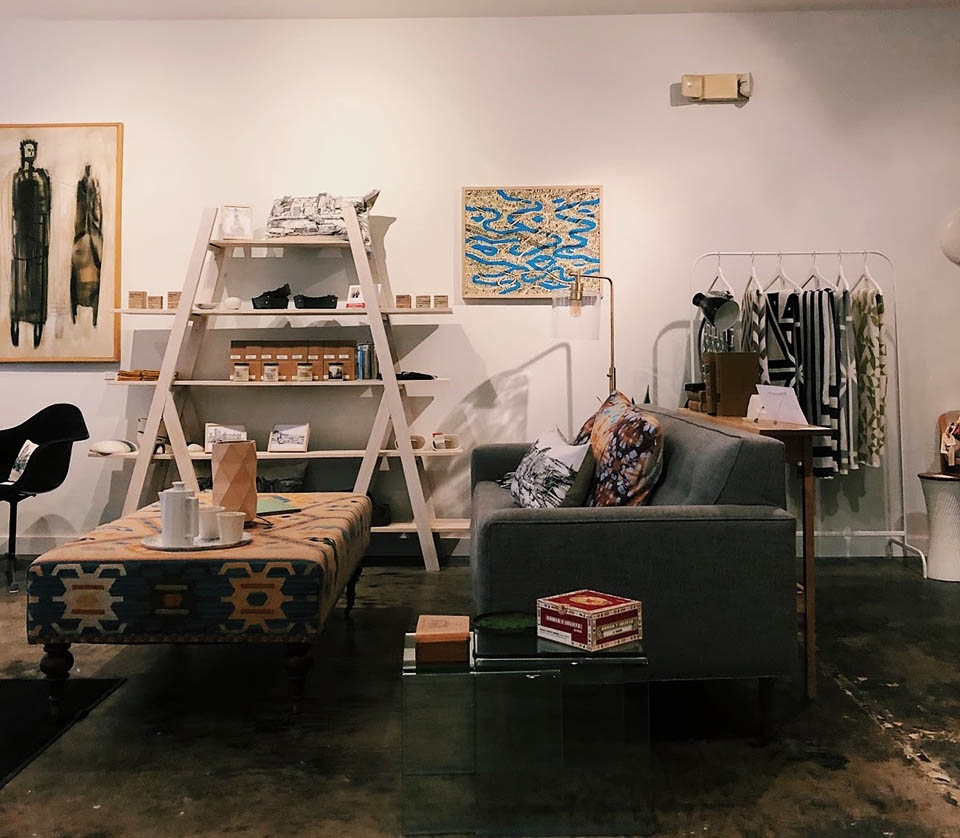By Marie Jubert | The Duquesne Duke
The City Music Center and assistant music professor Rachel Whitcomb have introduced a new program that invites third graders to attend music lessons taught by students on campus.
Musical Creations, featuring weekly music lessons, officially began on Sept. 10 and will continue until Nov. 12. Each week there are 15 Duquesne sophomores enrolled in “Elementary General Music Methods” who teach the class, and there are 15 children who participate in the lessons.
Students enrolled in Elementary General Music Methods combine practical experience in the field with learning classroom techniques, such as developing appropriate materials and lesson plans for children grades 3-6.
Christopher Bromley, executive director of the City Music Center, notified several local contacts and organizations of the program in an effort to promote the free music lessons.
“We reached out to the Housing and Urban Development Center of Pittsburgh, more specifically the Housing Authority of Pittsburgh,” Bromley said. “We also had students try and spread the word in order to get the program more publicity.”
According to Whitcomb, reaching out was a success considering the lack of initial interest when the program was first developed. After word got out, a large group of interested kids emerged.
Whitcomb specifically chose third graders to be the participants in the program because they “are at a point developmentally where they have enough ability to do improvisation and composition.”
“The class focuses on mid-to-late elementary,” Whitcomb said. “Students already work with young kids at the child development center here on campus.”
Musical Creations allows the children to focus on creative endeavors. The kids are able to play xylophones, recorders and drums. A SMART Board, which is an interactive whiteboard, is utilized for group composition.
The program is beneficial to both the students who teach the course and to the children who attend the classes, according to Whitcomb. Students enrolled in the music education program are able to get early experience with teaching.
“I have seen the students’ processes changing while responding in the moment to a child,” Whitcomb said. “Teaching children is a more natural fit than teaching peers. This is [a] developmentally appropriate practice in relating with kids in a positive way. The students do not seem as nervous when they are teaching these children.”
Mary Pappert School of Music Dean Edward Kocher said he believes the program is an asset to aspiring music teachers.
“Many students have the opportunity to read textbooks or to go on field excursions but this is a chance to be in physical proximity to children and to watch an expert like Rachel Whitcomb,” Kocher said. “Dr. Whitcomb has a calming and soothing approach with children, and the students can learn a lot from watching her work.”
Whitcomb said she has high aspirations for the program.
“I hope that the program becomes larger and that more kids are able to create music that they are proud of,” Whitcomb said. “I hope that kids will feel like they can and want to create and take part in the musical process.”
The students teach for the experience rather than for a grade, enabling them to apply the methods they have learned in class, in a relaxed and fun atmosphere, according to Whitcomb.




